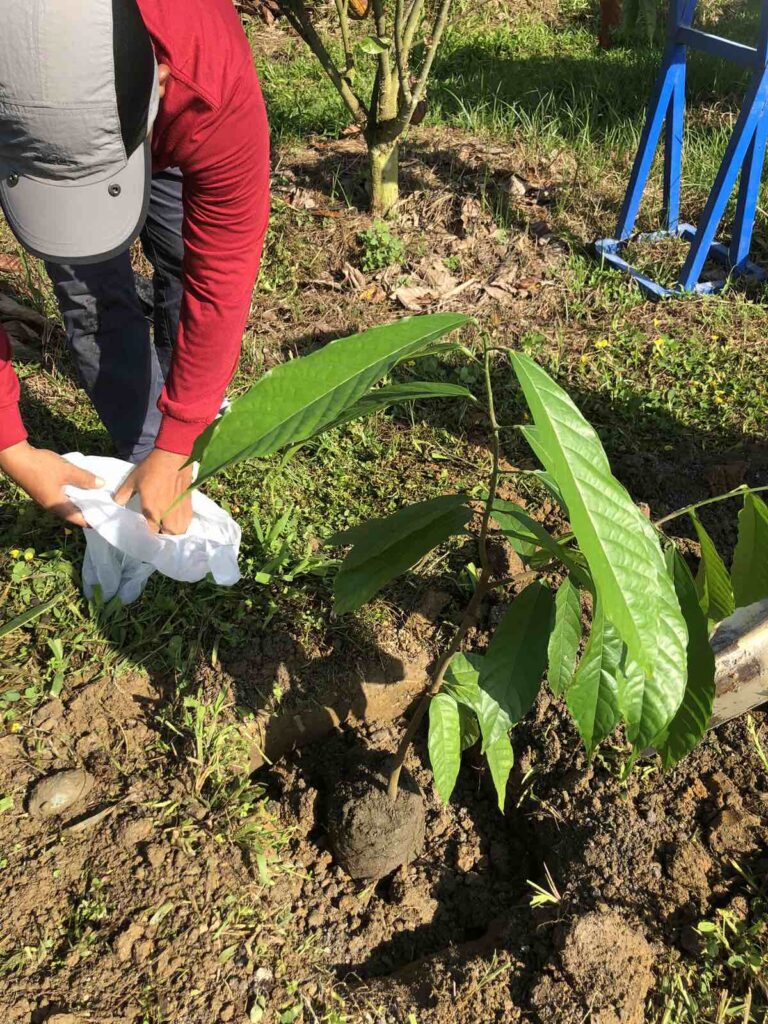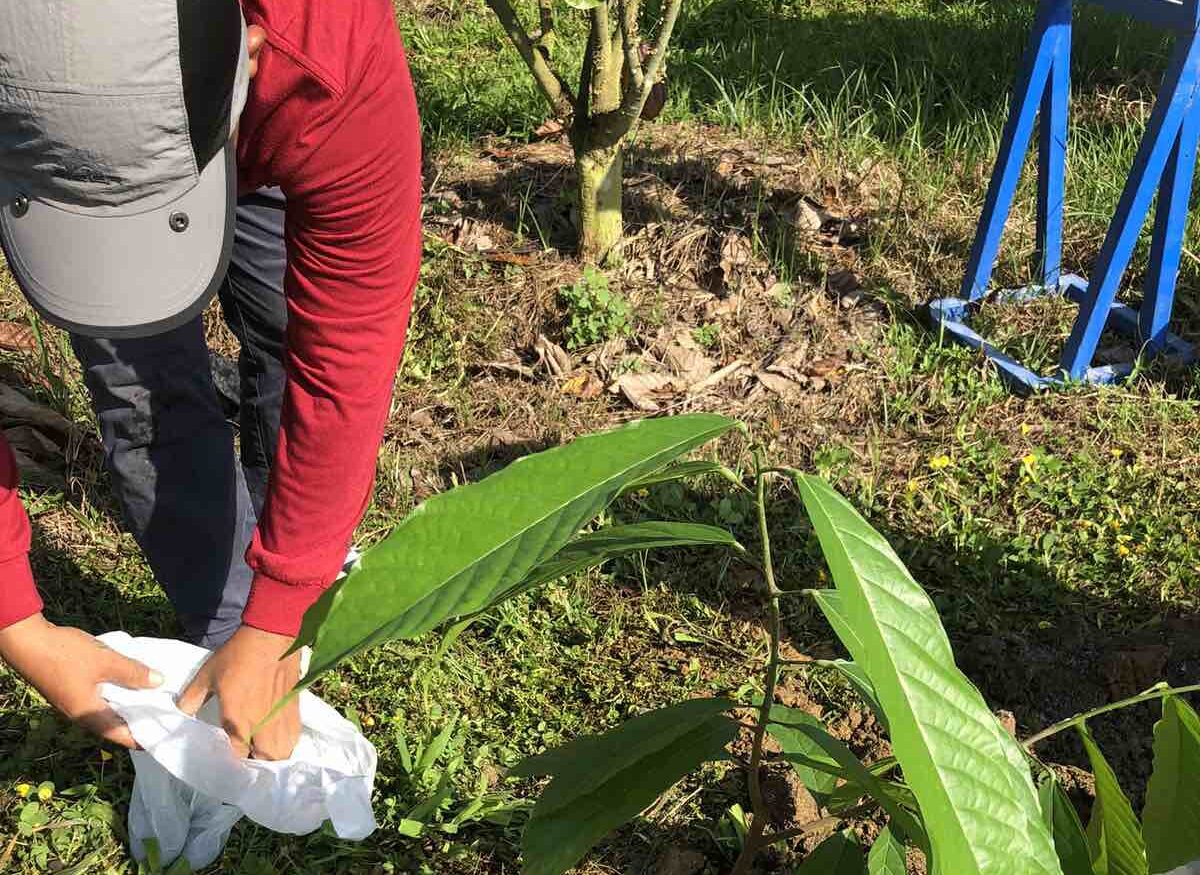
On the occasion of the World Day Against Child Labour, we would like to highlight the continuing need for supply chain due diligence and multistakeholder engagement to eliminate child labour. Global estimates of child labour have actually increased as a result of recent crises including the COVID-19 pandemic which deepened poverty, forcing more children into child labour. This is a reflection of child labour as a coping mechanism for families and communities when they do not have robust support systems.
In our work, particularly in the food & agricultural sector including in palm oil, coconut, cacao and seafood, we have found that children and families can become trapped in an inter-generational poverty cycle. Many factors are at play including low and volatile prices and wages, access to schools, and community norms. However complex, we believe that ending child labour will require critical changes to agricultural supply chains, given that the majority of child labourers work in agriculture.
How can we create systems that fairly share the risk of agriculture, so that vulnerable children do not bear the risk? Together with partners, we have been working on a systems approach to address child labour impacts among smallholders. In the process, we are deepening our understanding of how child labour obscures the true cost of labour on farms and plantations. Please stay tuned for more insights on workers in agricultural supply chains. Subscribe to our newsletter!

